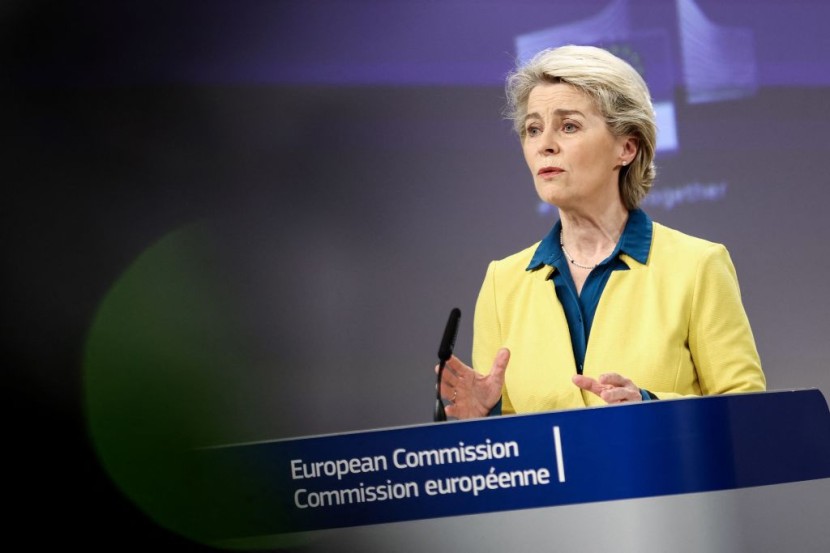
The European Union stressed that climate change should not come because of the energy crisis in Europe. European Commission President Ursula von der Leyen is against resorting to burning coal as a Russian gas replacement.
EU Opposes Reverting to Coal
European Commission President von der Leyen spoke to Financial Times last Monday, saying the crisis should not cause the black slide to unclean fossil fuels.
Sticking to green energy is the goal and what comes next is uncertain. Stressing that EU nations must persevere with massive investment in green energy, not fossil-based sources, reported RT.
Brussels has backups to deal with the danger of lessening supplies from Russia, carrying out energy conservation, and choosing what industries get the needed supply.
The commission announced last March that it meant to transition out of Russian gas by 2030. This decision was made as part of penalties in reaction to Moscow's military operation in Ukraine, which started in late February, cited Republic World.
However, EU members like Germany had repeatedly warned that an instant ban on Russian energy would significantly damage their economies.
German Economy Minister Robert Habeck stated last Sunday that coal-fired power plants should be used to produce electricity rather than gas. However, more gas must be pumped into storage areas. He added it would be difficult this winter, so it needed to burn coal to save precious natural gas that is getting low.
The German official made comments that contradict the government's climate change plan, calling for Germany's share of renewable energy to ramp up to 80 percent by 2030. EU commission is concerned with climate change goals that this energy crisis will not use coal, but several states have chosen to do it.
Gazprom Cuts Gas Supplies
The announcement was made after Russian gas company Gazprom confirmed last week that it would reduce the flow through the Nord Stream 1 pipeline due to technical problems.
The Netherlands officially confirmed that it would also lift coal-burning limitations. Austria adopted a similar strategy, its adopted emergency measures to deal with the energy shortage.
Rob Jetten, the Dutch Climate and Energy Minister, has stated that all restrictions on coal-fired power plants will be removed to minimize natural gas consumption, all while making it urgent for businesses to save as much energy as they can ahead of the winter season. He also stated that the cabinet quickly lifted the production restriction for coal-fired power plants.
This regulation states that all coal-fired power stations in the Netherlands function at no more than 35% of their generation capacity. Jetten remarked that there is no acute shortage, but he claimed that Russia is squeezing more countries.
Last Sunday, German Economy Minister Robert Habeck stated that Berlin would need to significantly raise its use of coal for electricity generation to make up the difference in Russia's natural gas shortage.
If the energy crisis worsens, the Austrian government agreed with energy company Verbund to use a reserve gas-fired power plant in southern Styria to create coal power. The energy crisis addressed by the EU commission is not for burning coal that brings climate change due to the urgency of less Russian gas due to unwisely supporting US sanctions.








